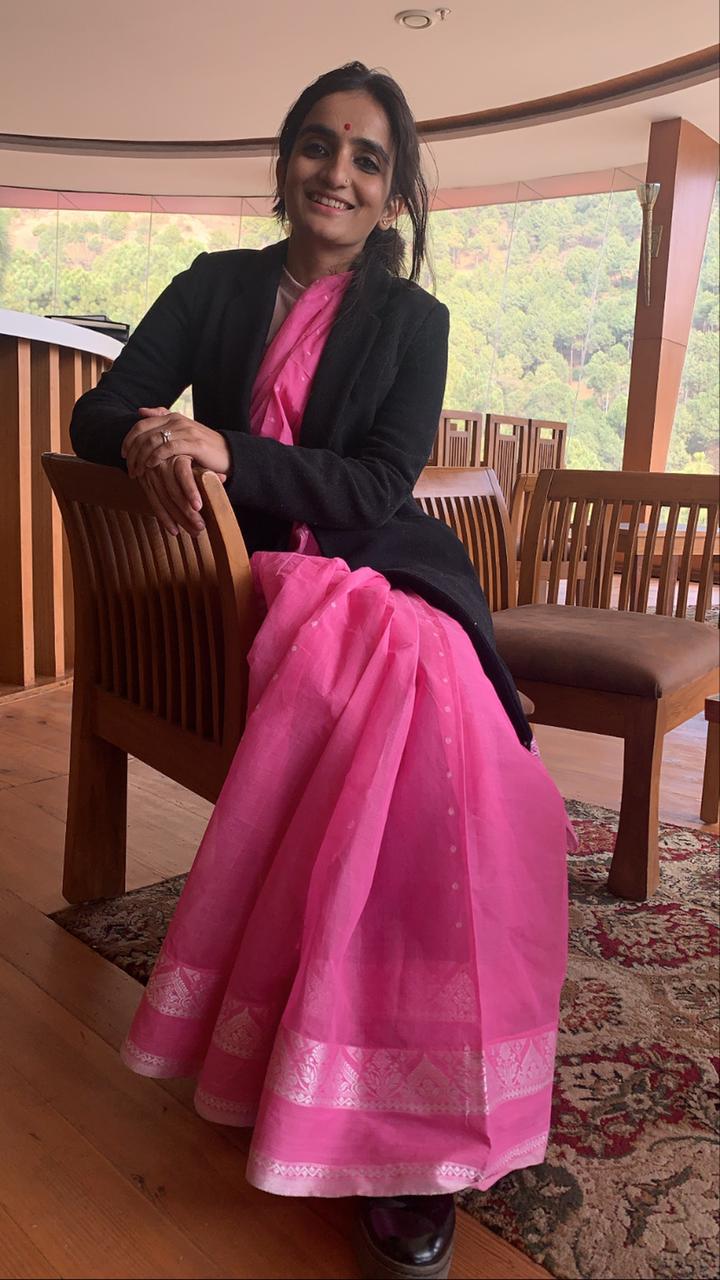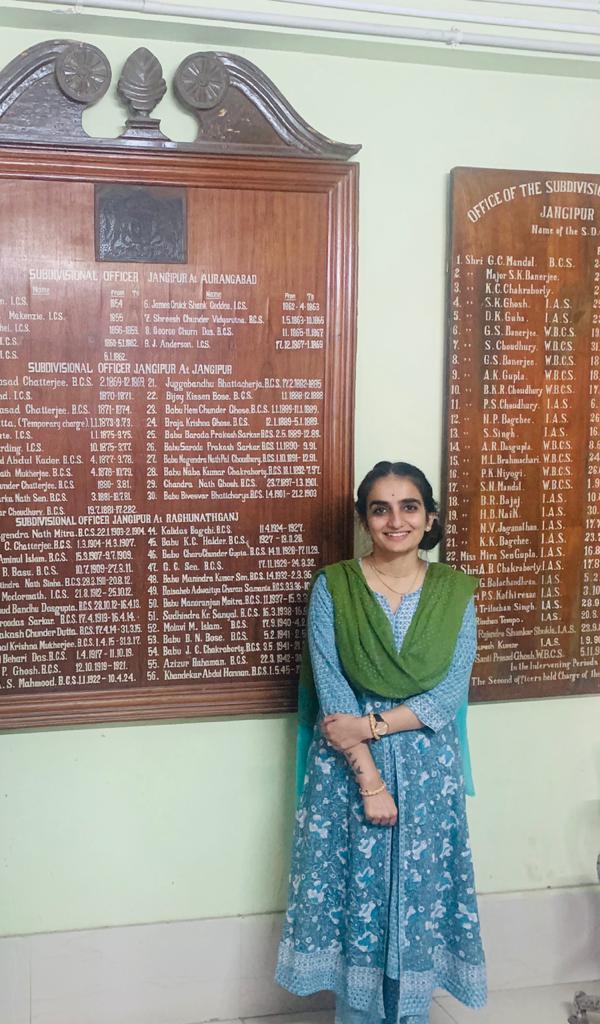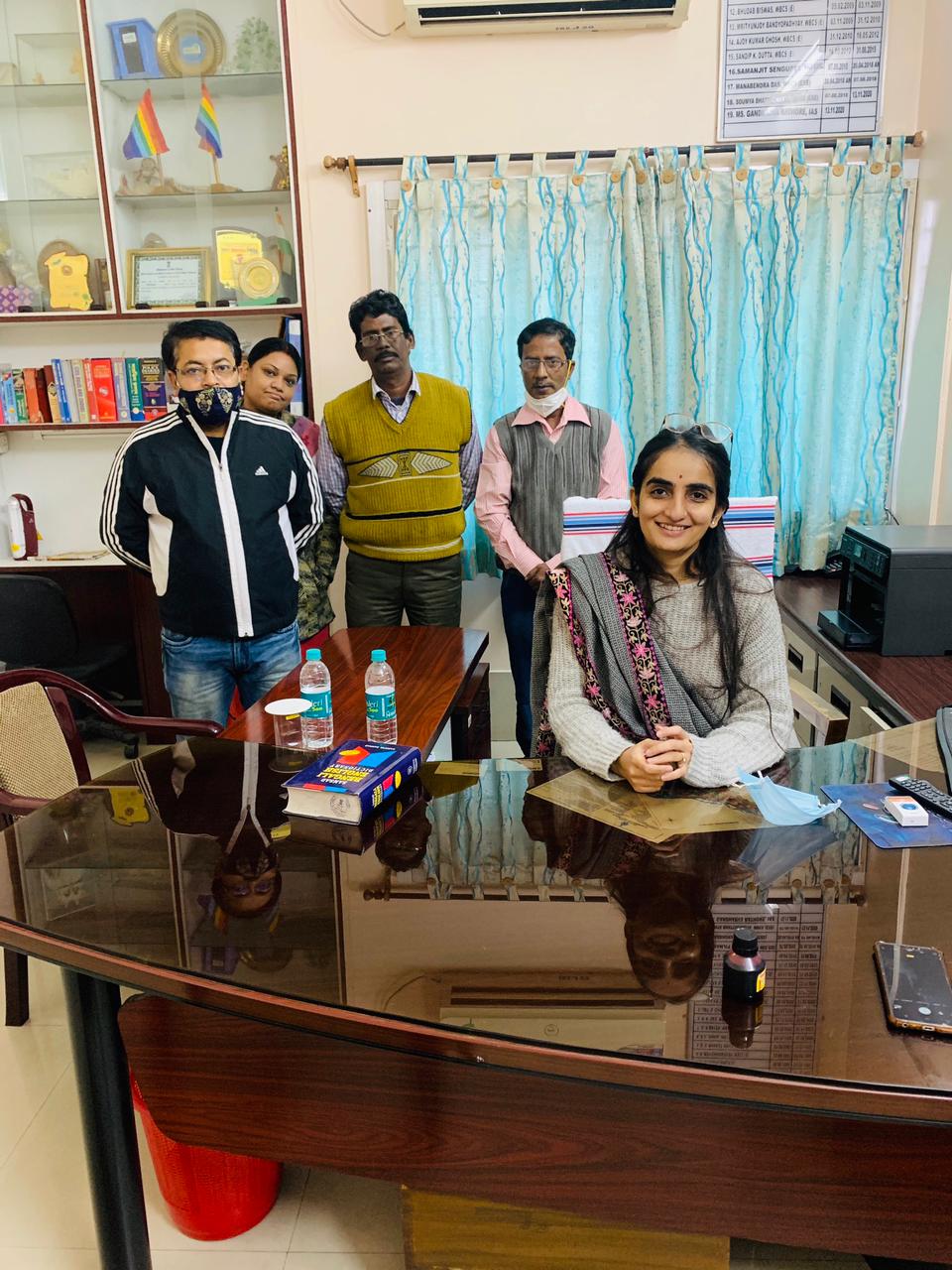Gandharva Rathore, who secured an All India Rank 93 in the UPSC Civil Service Examination in 2015, offers some very interesting and practical strategies for UPSC aspirants to follow. Having cleared the examination without coaching classes she is clearly at a vantage position to speak about it.
She gives aspirants tips on time management while preparing for the UPSC examination.
Can you imagine yourself in the IAS?
A post graduate in Commerce from Delhi University, Gandharva had decided on attempting the civil service examination given that she felt her personality was best suited for the job. “Motivation is a rather personal drive for each aspirant. For me, it was to be able to do something that I could enjoy,” she says. She recommends that aspirants figure out if being in the service fits one’s personality type.
She describes herself as someone who enjoys meeting people and trying to find solutions to their problems. “This was a trait I discovered in myself rather early on and being in the service felt like a great way to do all that and more,” she says.
Coaching or no coaching?

While Gandharva did not join any specific coaching class she says, “Since I was in Delhi doing my post graduation, I had access to notes and mentors who were preparing for the civil service examination. I also had friends who had enrolled for various coaching classes and so I was aware of what their syllabus was.” Having this understanding helped in preparing a strategy that worked for Gandharva.
“I also wanted to be home and prepare as living as a paying guest was tough,” she adds. During her time in Delhi, Gandharva says she visited the coaching institutes in Rajinder Nagar from where she picked up the notes, for various subjects. Once she returned home, Gandharva drew up a complete plan, that she refers to as a Personal Preparation Manifesto.
Personal Preparation Manifesto
Gandharva’s preparation was like launching an assault on a peak. She says that her preparation spans multiple attempts. She had attempted the CSE earlier and was unable to clear the prelims. She says, “In my second attempt I wanted to reach the interview stage. So, in preparing this manifesto, I spent time speaking to other aspirants and those who had cleared the exam earlier to get a better sense.”
Gandharva also worked extensively on her presentation and communication skills. “I worked extensively on clearing the main subjects. Even though the first step is to clear the prelims, I worked backwards – prepared for the interview in my head while working on the mains and optional paper and then the prelims.”
Gandharva adds here that she spent close to 80 per cent working on main subjects. She spent about half her time in preparing for optional papers, and the rest was dedicated to other topics. She adds, “Do try and ace your optional paper given that it is a subject that you choose and can fetch you high scores.”
Take time to sort through the UPSC syllabus

“The most important thing is to understand the syllabus thoroughly. If one is studying alone, without any coaching support, it is even more imperative to spend time on understanding the syllabus,” she says. The syllabus can be large and daunting in the first go, but once broken down into smaller parts, it becomes easier to tackle.
Stick to using basic NCERT and one other extra standard textbook for each subject, says Gandharva. “I approached the examination with only the standard books and was confident of clearing it with that. The number of resource material available can sway aspirants but try to stick to known books.”
Concentrate on answer-writing
Gandharva says that she started practicing answer writing as early as five months prior to the UPSC examination, even before completing the entire syllabus. “I did this to improve my writing skills and to get a sense of what questions are asked in the examination. It also helped me gather more information on each topic and helped me assess where I stood vis-à-vis each topic,” she says.
She also adds that she would attempt five to seven questions each day and finish this within one hour. She would then take some time to read answers posted online by others. She would ensure that she gathers points from those answers to better her own.
Taking help from others online

While one can get lost in the myriad of information available online for UPSC aspirants, some of the things that Gandharva learnt and put to practice helped her answer the questions better. She says, “I learnt to divide my answers in such a way that it covered all aspects – economic, political, legal, socio-cultural etc. This ensured a good, wholesome read.”
“Take whatever points you feel will benefit you the most from others; whether online or from people you know,” she says. She also urges aspirants to pace themselves well to ensure that there is no burnout. “Pick up a hobby that preferably takes you out of your home and stick to it, both to give yourself a break and also to have something to talk about when quizzed about your hobby during the interview,” she says.
(Edited by Yoshita Rao)
No comments:
Post a Comment